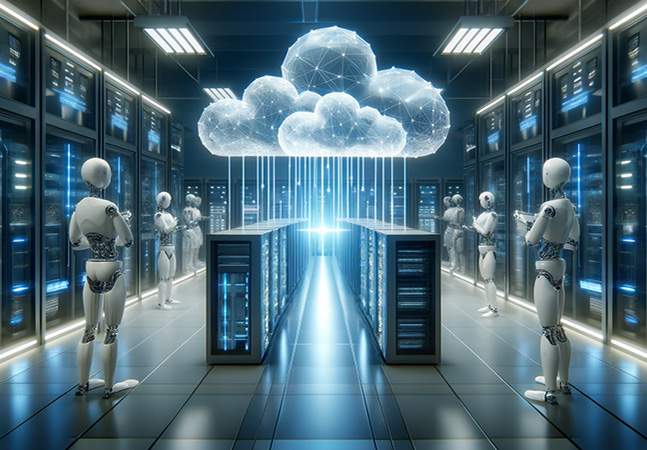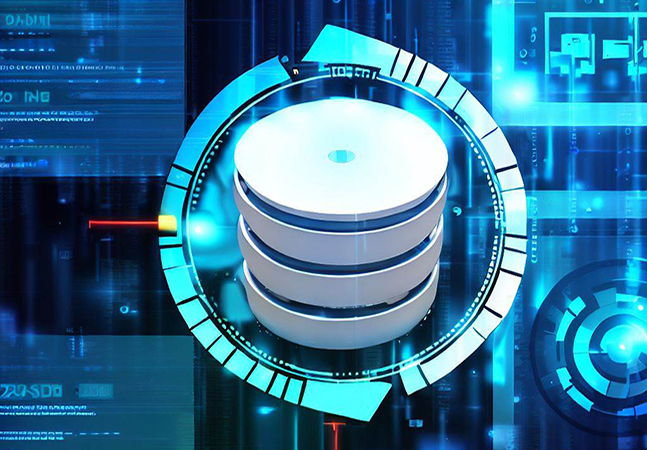
Gartner’s 2025 Magic Quadrant for AI Application Development Platforms again places IBM in the Leaders quadrant alongside Amazon Web Services, Google and Microsoft.

AWS Ambassador Steven Smiley broke down key re:Invent announcements, focusing on Lambda Durable Functions and new features aimed at simplifying serverless, containers, and networking.

Nutanix announced new Nutanix Cloud Platform capabilities and the Nutanix Cloud Infrastructure 7.5 release to help organizations build and operate distributed sovereign clouds with expanded security, resilience, and global management features.

The new Agentic AI Foundation under the Linux Foundation launches with Anthropic, Block, and OpenAI contributions and immediate platinum backing from major cloud providers, signaling a push for open, cross-cloud standards for AI agents.

In a post-KubeCon + CloudNativeCon 2025 webcast, Kubernetes expert Tom Fenton explained how Kubernetes is rapidly becoming the default platform for AI workloads and why scaling those workloads efficiently now hinges on standards, portability, and maximizing scarce GPU resources.

At AWS re:Invent 2025, Rubrik introduced Rubrik Agent Cloud for Amazon Bedrock AgentCore, bringing monitoring, policy controls and selective rollback for enterprise AI agents

Veeam has released Veeam Data Platform v13, which the company positions as a major update spanning security, AI-driven intelligence, appliance deployment, and expanded hypervisor integration.

Carlos Rivas used today's Virtualization & Cloud Review summit to show how Amazon S3 replication, through SRR, and CRR, has become a core architectural tool for modern cloud disaster recovery.

Rubrik introduced expanded agentic AI management through Microsoft Copilot Studio integration, new Intelligent Business Recovery for Microsoft 365, and DevOps Protection for Azure DevOps and GitHub at Microsoft Ignite 2025.

Day 1 of KubeCon + CloudNativeCon North America 2025 focused on the 10-year milestones of Kubernetes and the CNCF, highlighted the growing convergence of cloud-native technologies and AI, introduced the Kubernetes AI Conformance Program, emphasized open-source supply chain security investments, showcased major project and community growth, and featured industry keynotes covering AI, security, and container innovation.

Brien Posey today detailed how defining backup policies as code can eliminate human error, ensure consistency across environments, and bring cloud data protection in line with modern deployment practices.

Tom Fenton recaps Day 0 of KubeCon + CloudNativeCon 2025 in Atlanta, where CNCF’s co-located events offered deep dives into specific technologies.

Joey D’Antoni outlines how Microsoft Entra’s Conditional Access and Zero Trust capabilities help enterprises secure hybrid identity environments while balancing usability and control.

Google Cloud's 2026 Cybersecurity Forecast predicts that AI will become standard for both attackers and defenders, with threats expanding to virtualization systems, blockchain networks, and nation-state operations.

A Dimensional Research survey commissioned by Backblaze found nearly all large organizations face hidden cloud storage charges that limit flexibility and drive data lock-in.

A new Gartner survey of 253 infrastructure and operations leaders reports that 54% are adopting AI to reduce costs, with budget limits and integration cited as the top challenges and guidance to start with targeted pilots.

Brien Posey explains that a large language model’s performance depends more on architecture, training, and data quality than on its parameter count alone.

An in-depth look at how Broadcom's acquisition of VMware has damaged not just budgets but the trust, talent, and ecosystem that once made VMware central to enterprise IT.

Veeam Software announced plans to acquire Securiti AI for $1.725 billion to combine data resilience, privacy, and AI trust in a unified platform aimed at helping organizations securely manage and unlock the value of their data across hybrid and multi-cloud environments.

KubeCon’s Project Pavilion serves as the heart of open-source innovation, bringing together maintainers, contributors, and attendees to collaborate on the Cloud Native Computing Foundation’s projects in a hands-on, community-driven environment.